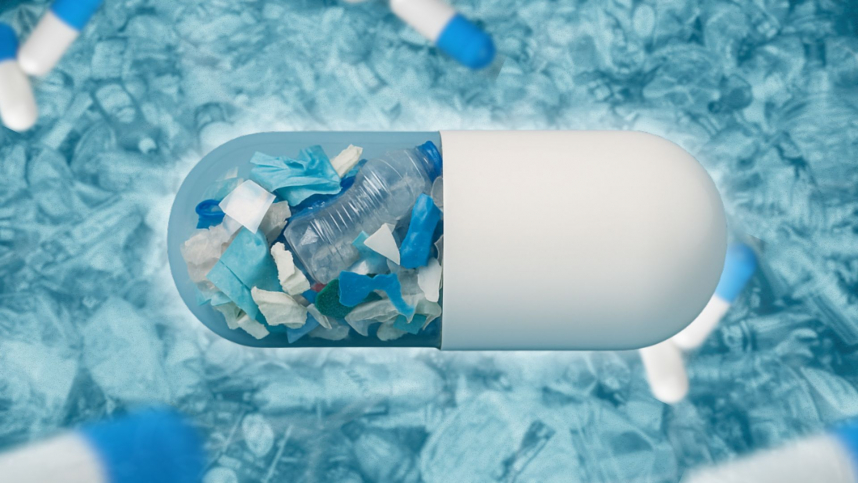
Common bacteria can turn plastic waste into the over-the-counter painkiller acetaminophen, researchers have discovered.
Acetaminophen, the main ingredient in Tylenol and also known as paracetamol in some countries, is usually made from fossil fuels.
The new method for making the drug, developed with support from AstraZeneca, transforms a molecule from a widely used plastic known as polyethylene terephthalate (PET) into acetaminophen, leaving virtually no carbon emissions, according to a report in Nature Chemistry.
The plastic is converted to the drug at room temperature in less than 24 hours, using a fermentation process similar to what is used in brewing beer, the researchers said.
PET, a strong, lightweight plastic used for water bottles and food packaging, accounts for more than 350 million tons of waste annually.
“This work demonstrates that PET plastic isn’t just waste or a material destined to become more plastic. It can be transformed by microorganisms into valuable new products, including those with potential for treating disease,” study leader Stephen Wallace of the University of Edinburgh said in a statement.
More work is needed before PET can be used to produce acetaminophen at commercial levels, the researchers said.